Prostate
enlargement is a common occurrence in aging men. This gland is found in
men, and its main role is the production of semen. An enlarged prostate
can cause symptoms like urinary incontinence and increased urinary
frequency, which can interfere with the day-to-day life of the affected
men. Are you wondering if your husband or dad is at risk? Well, if not
yet, it most probably is a given in a few years. Keep reading to know
more about this condition and its treatment options.
An enlarged prostate is also known as benign prostatic hyperplasia (BPH). This non-cancerous enlargement of the prostate gland blocks the flow of urine through the urethra. The narrowing of the urethra causes the bladder to contract even more forcefully to push the urine through the body.
Over time, this condition may cause the bladder muscles to become stronger, thicker, and overly sensitive. The bladder may then begin to contract even when it contains only a small amount of urine, thereby causing an urge to urinate more frequently than usual. Eventually, the urine starts accumulating in the bladder without being emptied completely.
Incomplete emptying of the bladder puts the affected individual at an increased risk of developing urinary tract infections. Bladder stones, blood in the urine, incontinence, and acute urinary retention are a few complications associated with prostate enlargement.
Table Of Contents
- What Is an Enlarged Prostate?
- Home Remedies To Treat Prostate Enlargement
- Diet Tips To Manage Prostate Enlargement
- Prevention Tips
What Is an Enlarged Prostate?
The prostate gland produces the fluid needed to carry sperms during ejaculation. This gland surrounds the urethra, which is a tube through which urine exits the body.An enlarged prostate is also known as benign prostatic hyperplasia (BPH). This non-cancerous enlargement of the prostate gland blocks the flow of urine through the urethra. The narrowing of the urethra causes the bladder to contract even more forcefully to push the urine through the body.
Over time, this condition may cause the bladder muscles to become stronger, thicker, and overly sensitive. The bladder may then begin to contract even when it contains only a small amount of urine, thereby causing an urge to urinate more frequently than usual. Eventually, the urine starts accumulating in the bladder without being emptied completely.
Incomplete emptying of the bladder puts the affected individual at an increased risk of developing urinary tract infections. Bladder stones, blood in the urine, incontinence, and acute urinary retention are a few complications associated with prostate enlargement.
How To Treat An Enlarged Prostate
- Saw Palmetto
- Pygeum
- Rye Grass Pollen Extract
- Stinging Nettle Root
- Pumpkin Seed
- Green tea
- Turmeric Root Or Curcumin
- Kegel Exercise
Home Remedies To Treat Prostate Enlargement
1. Saw Palmetto
You Will Need160-320 mg of saw palmetto supplement
What You Have To Do
Take 160-320 mg of saw palmetto supplement, divided into two doses. Make sure to consult a doctor before doing so.
How Often You Should Do This
You can take this supplement daily for 4-6 weeks.
Why This Works
Saw palmetto dissolved in supercritical CO2 was found to inhibit the enzyme linked to benign prostatic hyperplasia . It may also help promote prostate health.
2. Pygeum
You Will Need50-100 mg pygeum supplement
What You Have To Do
Take 50-100 mg of standardized pygeum supplement daily after consulting a doctor.
How Often You Should Do This
You can do this once daily for 6-8 weeks.
Why This Works
Pygeum may be a useful option in alleviating the symptoms of benign prostatic hyperplasia (enlarged prostate).
3. Ryegrass Pollen Extract
You Will NeedRyegrass supplement
What You Have To Do
Take the ryegrass supplement daily. Consult a doctor before taking this supplement.
How Often You Should Do This
Take ryegrass pollen supplement as prescribed by the physician.
Why This Works
Ryegrass pollen is one of the many phytotherapeutic agents used to manage the symptoms of an enlarged prostate.
4. Stinging Nettle Root
You Will Need- 1-2 teaspoons of nettle root
- 1 cup of water
- Add one to two teaspoons of stinging nettle root to a cup of water.
- Bring it to a boil in a saucepan.
- Simmer for 5 minutes and strain.
- Drink the warm tea.
You can drink this concoction 1-2 times daily.
Why This Works
Stinging nettle root has anti-inflammatory and immunomodulatory properties. These properties were found to help in managing the symptoms of prostate enlargement without any side effects.
5. Pumpkin Seeds
You Will Need100-200 mg of pumpkin seeds
What You Have To Do
- Consume small amounts of pumpkin seeds daily.
- You can either eat the dried seeds directly or add them to your favorite salads/dishes.
Do this daily.
Why This Works
Pumpkin seeds may help improve the overall quality of life of men affected by prostate enlargement by alleviating the associated urinary tract symptoms.
6. Green Tea
You Will Need- 1 teaspoon of green tea
- 1 cup of hot water
- Add a teaspoon of green tea to a cup of hot water.
- Allow it to steep for 5-10 minutes and strain.
- Drink the warm tea.
You can drink green tea 1-2 times daily.
Why This Works
Green tea (as well as black tea) can relieve lower urinary tract symptoms and may thus aid the treatment of prostate enlargement.
7. Turmeric Root Or Curcumin
You Will Need- 1 teaspoon of turmeric powder
- 1 glass of hot milk
- Dissolve a teaspoon of turmeric powder in a glass of hot milk.
- Allow it cool a bit and drink the mixture.
You can drink this mixture once daily.
Why This Works
The active component of turmeric is curcumin. Curcumin exhibits protective effects on prostate enlargement (BPH) and may help in its inhibition.
8. Kegel Exercises
Kegel exercises help in strengthening the muscles of the pelvic region. These exercises mainly involve clenching your bladder for a few seconds, as if you are trying to stop the urine flow, and then releasing the clench. Men with prostate enlargement and incontinence may benefit from kegel exercises as they can help in managing urinary tract symptoms.Diet Tips To Manage Prostate Enlargement
What To Eat
A diet that is rich in vegetables, fruits, and healthy fats may help in protecting your prostate gland.Some foods that may benefit prostate health include:
- Salmon – It is rich in omega-3 fatty acids and can help reduce inflammation caused by BPH within the body .
- Tomatoes And Berries – These fruits are rich in antioxidants that can help in getting rid of free radicals within the body caused by oxidative stress.
- Vitamin C – This vitamin may help alleviate the symptoms of an enlarged prostate and can be used as an anti-BPH agent. Citrus fruits are a rich source of vitamin C.
What Not To Eat
- Overconsumption of foods that have a high zinc concentration like shellfish and nuts
- Meat
- Dairy products
- Caffeine
- Alcohol
- Sodium
Prevention Tips
- Manage your stress levels.
- Quit smoking.
- Avoid increased fluid intake in the evening.
- Try and empty the bladder completely while urinating.
- Practice bladder training exercises, yoga, and meditation to relieve stress and strengthen the pelvic muscles.
- Avoid consuming medications that can worsen the symptoms like antihistamines, diuretics, and decongestants.
- Limit fluid intake to no more than 2 liters per day.
Source click here

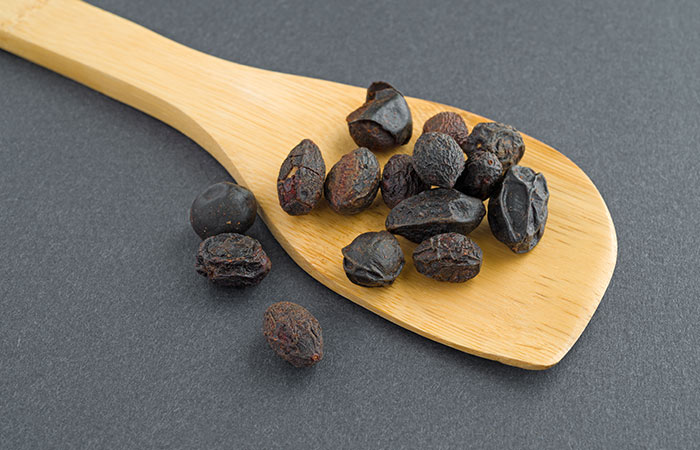
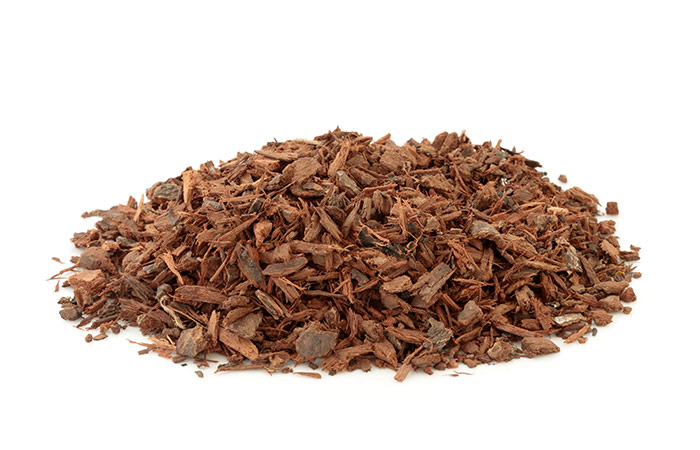
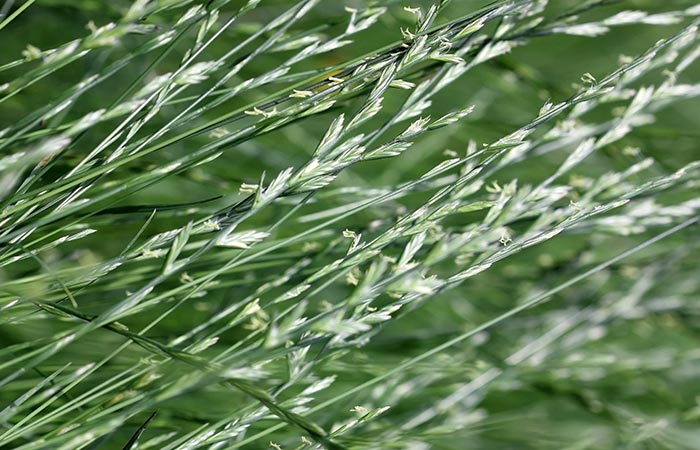
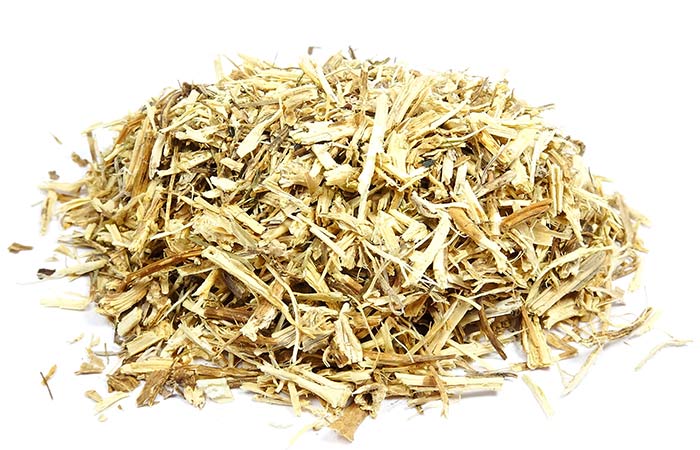

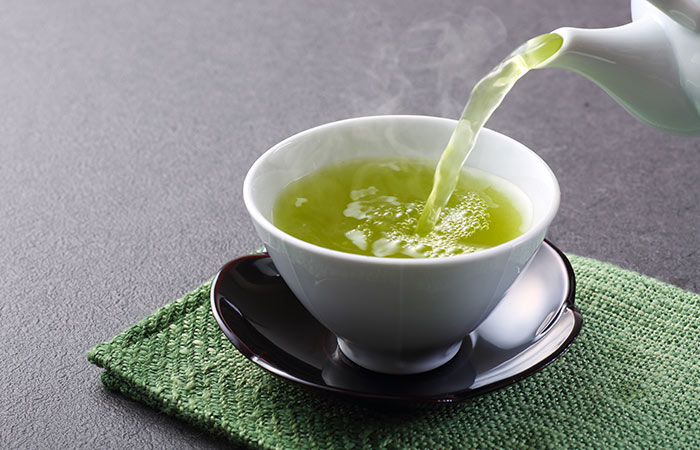
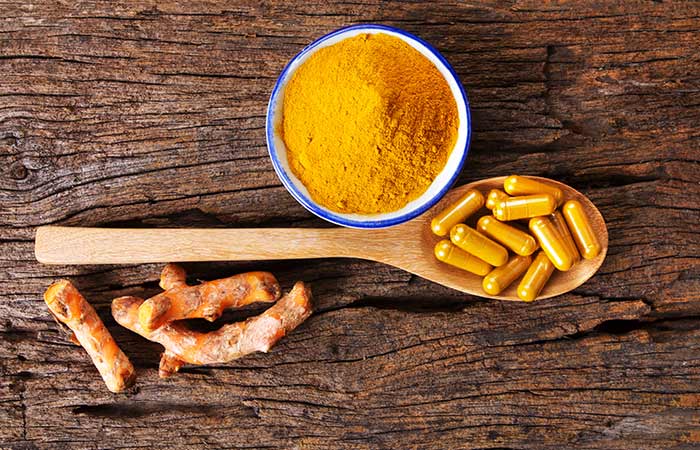
Comments
Post a Comment